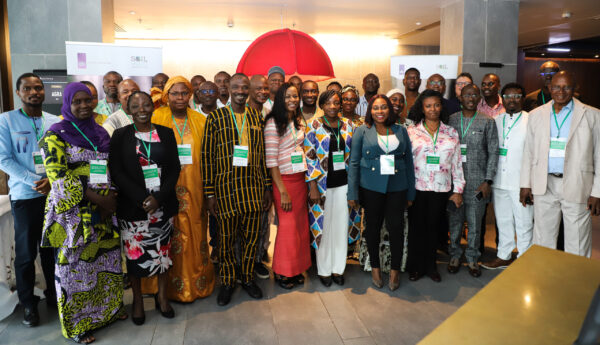On June 11 and 12, 2025, Abidjan hosted a regional meeting dedicated to sustainable soil management and rural development, organized as part of the Soil Values program, with financial support from the Kingdom of the Netherlands amounting to 100 million euros over ten years. The main objective was to validate a consultation strategy for soil…...
Trending
- Mining Indaba 2026: Lualaba aims to establish itself as a strategic hub for mining, energy, and logistics in Africa
- Insurance: 8% Increase in Sanlam Morocco’s Profit in 2025
- FTHM Consulting establishes itself in Abidjan and deploys its pan-African consulting strategy
- BAD: Sidi Ould Tah faces his first major oral examination before the heads of state of the African Union
- Cocoa: Ghana aims for industrial sovereignty through financial restructuring
- The Central Bank of Egypt lowers interest rates for the sixth time in ten months
- Morocco Telecom achieves $3.67 billion in revenue in 2025
- Niger: Vista Group accelerates in insurance with the acquisition of Saham Assurances


